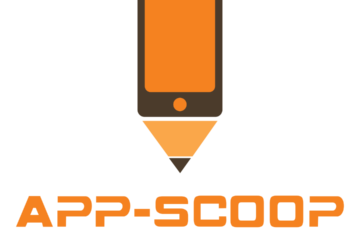The Internet of Things (IoT) has transformed the technological landscape, revolutionizing the way devices interact and paving the way for smarter solutions across industries. Mobile app development, in particular, has experienced significant advancements due to IoT integration.
So, it is important to understand the crucial role of IoT in shaping modern mobile applications and its profound impact on usability, functionality, and innovation.
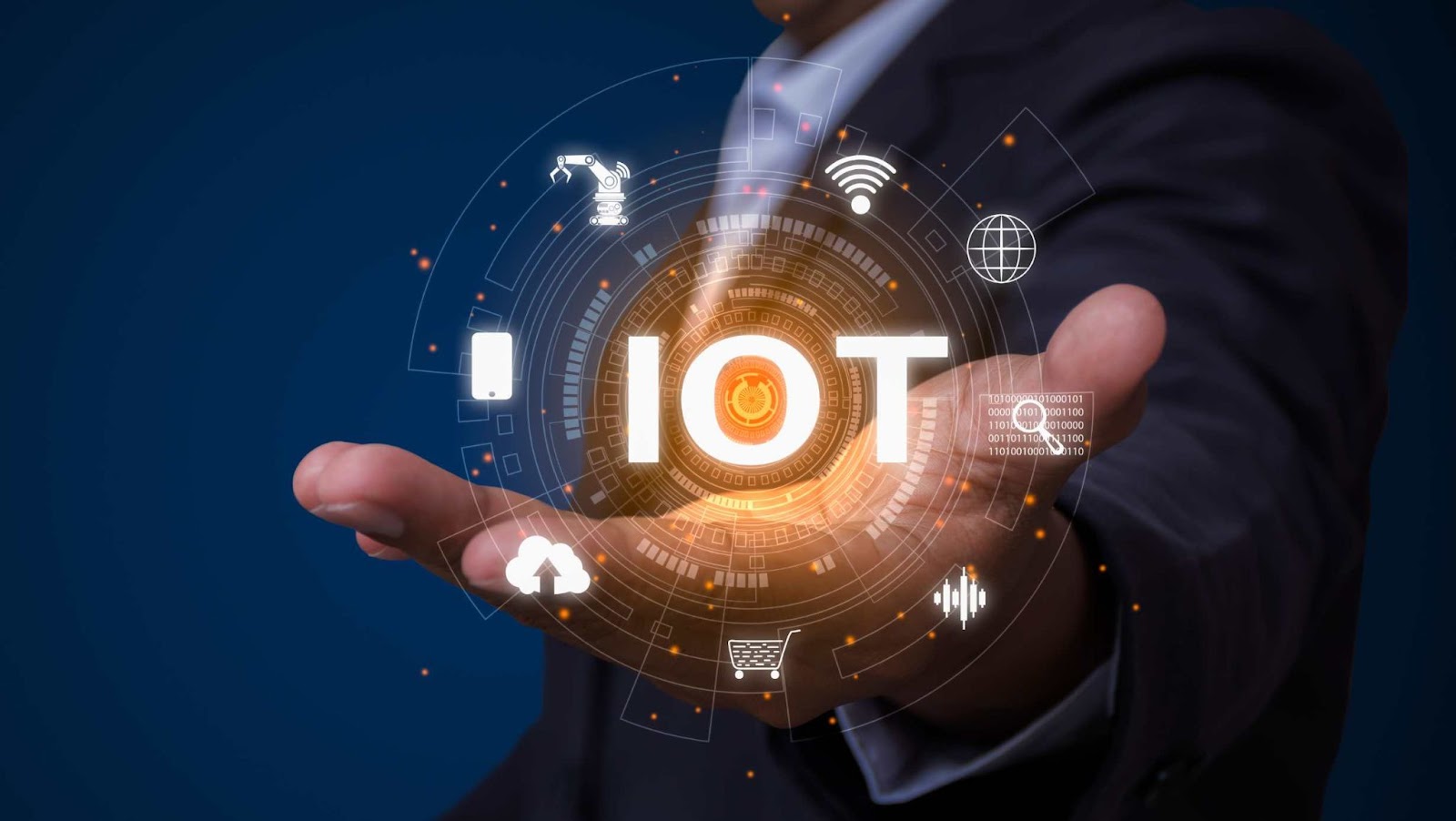
Evolution of IoT in Mobile App Development
IoT is no longer just a futuristic concept. It has evolved into a fundamental technology that enables seamless communication between devices, systems, and applications. By embedding IoT into mobile apps, developers are now crafting experiences that extend beyond the screen and into the physical world.
By 2023, 15.14 billion connected devices were recorded globally, with forecasts suggesting that this number will grow to 29.42 billion by 2030, according to Statista.
From smart homes to wearable devices and industrial systems, IoT empowers mobile apps to act as a central hub for controlling and monitoring connected devices. This evolution has not only enhanced convenience but has also opened new avenues for personalized services, predictive analytics, and real-time data-driven decisions.
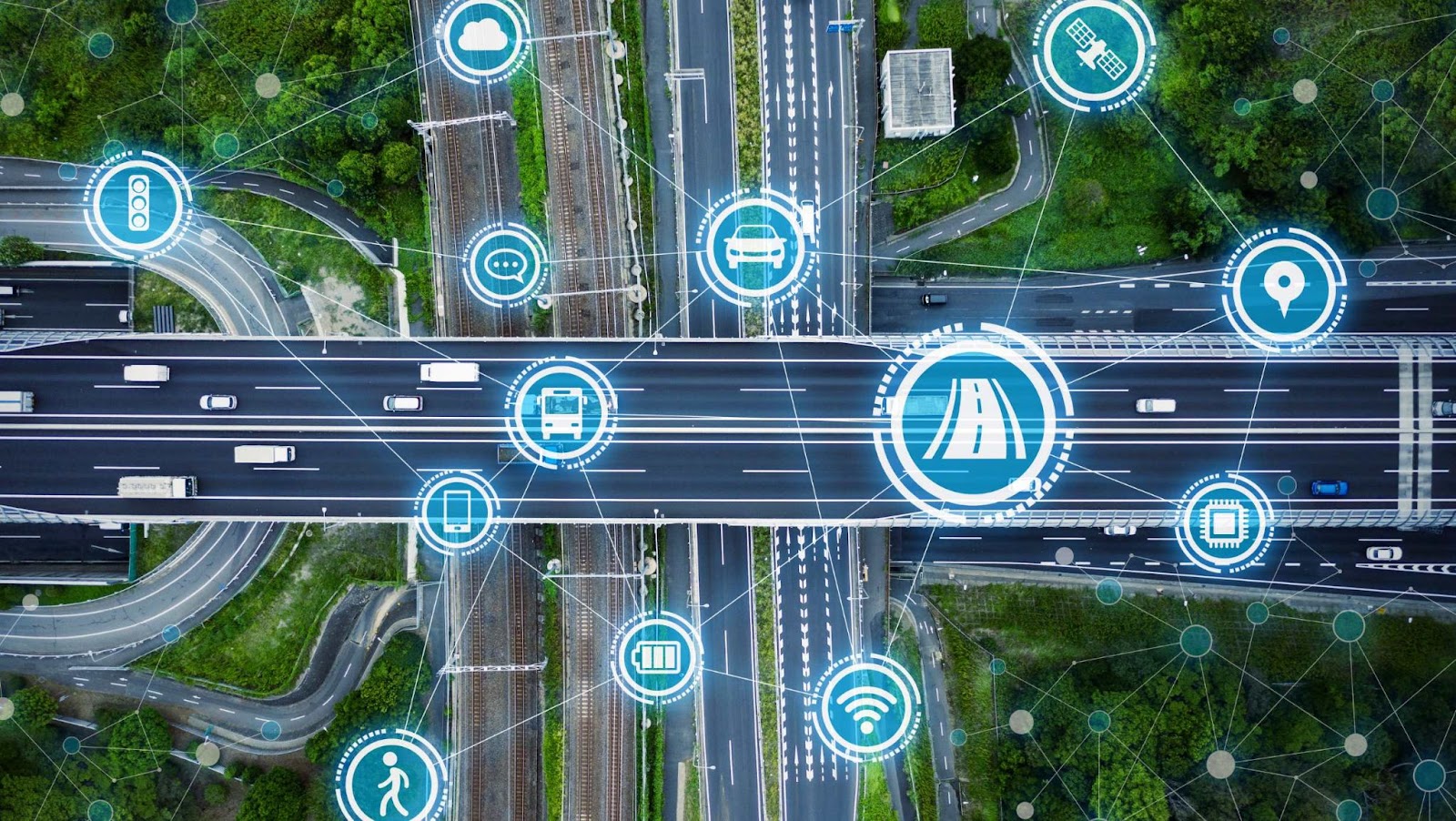
Key Benefits of IoT Integration in Mobile Apps
1. Real-Time Data Exchange:
One of the most significant benefits of IoT app development is that IoT-enabled mobile apps facilitate instant communication between devices, ensuring real-time data exchange. This functionality is crucial for applications like fitness trackers, smart security systems, and logistics solutions where up-to-the-second updates enhance user experience and operational efficiency.
2. Enhanced Personalization:
With custom IoT development services, mobile apps can leverage data from multiple connected devices to offer highly personalized experiences. For instance, smart thermostats learn user preferences to adjust room temperatures automatically, while healthcare apps track vital signs to provide tailored recommendations.
3. Improved Efficiency and Automation:
IoT automates repetitive tasks by synchronizing devices and systems. For instance, IoT-based industrial applications allow factory managers to monitor equipment performance remotely, reducing downtime and optimizing productivity.
4. Cost Savings:
IoT integration enables mobile apps to improve resource management. For example, IoT-powered energy monitoring apps help households and businesses reduce energy consumption by identifying inefficiencies, leading to significant cost savings.
5. Scalability for Future Growth:
IoT’s scalable frameworks allow mobile apps to support additional devices and data seamlessly. The number of Internet of Things (IoT) devices worldwide is forecast to almost double from 15.9 billion in 2023 to more than 32.1 billion IoT devices in 2030 according to Statista, emphasizing the critical need for scalable solutions.
Future-Proof Your Business with Custom IoT Applications
App-Scoop is committed to revolutionizing the way businesses implement IoT technology through innovative and flexible solutions. As a trusted IoT app development company, we focus on delivering customized solutions that enhance connectivity and efficiency.
Our mobile app developers leverage advanced IoT development platforms to design secure and scalable applications specific to your needs. Whether you’re looking for IoT software development or seamless application integration, we ensure every service is crafted with precision to drive meaningful results for your business.
Build Your Custom IoT Mobile App Today!
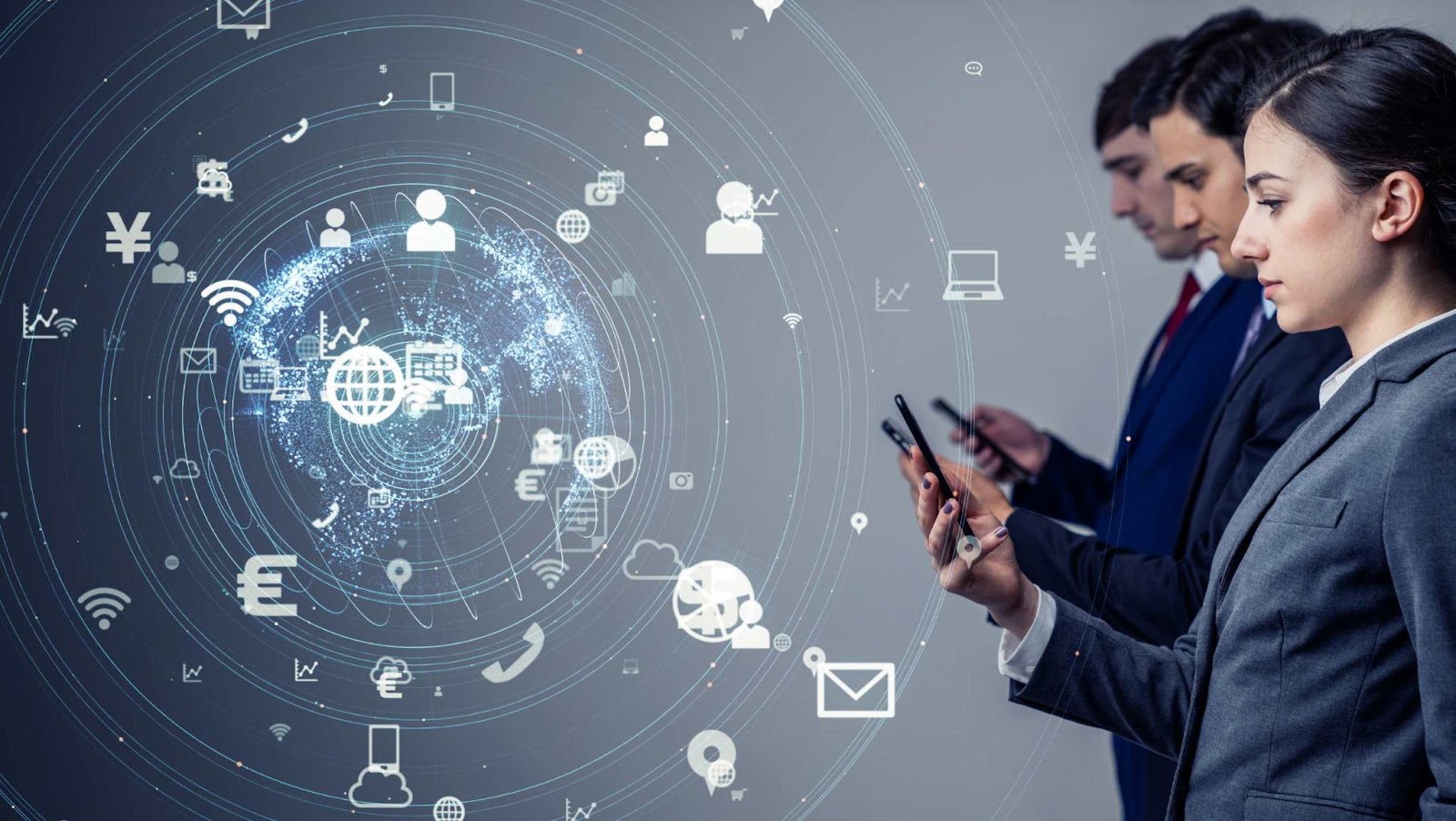
Applications of IoT in Mobile App Development
1. Smart Home Automation:
Mobile apps for smart home ecosystems are one of the most prominent applications of IoT. These apps enable users to control lighting, security cameras, appliances, and even door locks from their smartphones, creating a cohesive and intelligent living environment.
2. Healthcare and Fitness:
In the healthcare industry, IoT application development enables mobile apps to track vital health data through connected devices like wearables, glucose monitors, and heart rate sensors. These apps not only promote proactive health management but also assist medical professionals in delivering personalized care.
3. Logistics and Supply Chain Management:
Custom IoT development-powered mobile apps streamline logistics operations by providing real-time tracking of shipments, optimizing delivery routes, and ensuring timely updates for stakeholders. Such advancements are critical for businesses seeking to improve efficiency and customer satisfaction.
4. Automotive Industry:
IoT in the automotive sector has led to the rise of connected vehicles. With IoT app development solutions, companies can monitor vehicle diagnostics, control in-car systems, and offer predictive maintenance alerts, making driving safer and more efficient.
5. Retail and E-commerce:
IoT-enabled apps are transforming the retail landscape. For instance, beacon technology allows stores to send personalized offers to customers’ smartphones when they are nearby, enhancing the shopping experience and driving sales.
Related Articles:
- Improving Supply Chains through IoT and Blockchain
- The confluence of IoT and Web Development, and its impact
- 7 Trendy On-demand App Ideas to Launch in 2025
Challenges in IoT-Driven Mobile App Development
Despite its numerous advantages, IoT integration in mobile app development comes with challenges:
1. Security Concerns:
As IoT devices exchange vast amounts of sensitive data, ensuring robust security measures is paramount. Developers must implement encryption, multi-factor authentication, and regular updates to safeguard user information.
2. Compatibility Issues:
With a plethora of IoT devices available, ensuring seamless compatibility between different hardware and platforms can be complex. Developing apps that function seamlessly across platforms and devices is a priority for any IoT application development company.
3. Power Consumption:
IoT-enabled apps often require continuous connectivity, which can drain device batteries. Optimizing power consumption through efficient coding and lightweight protocols is crucial.
4. Scalability Management:
As IoT ecosystems grow, mobile apps must handle increased data volumes and device connections. Scalable architectures and cloud-based solutions are necessary to maintain performance.
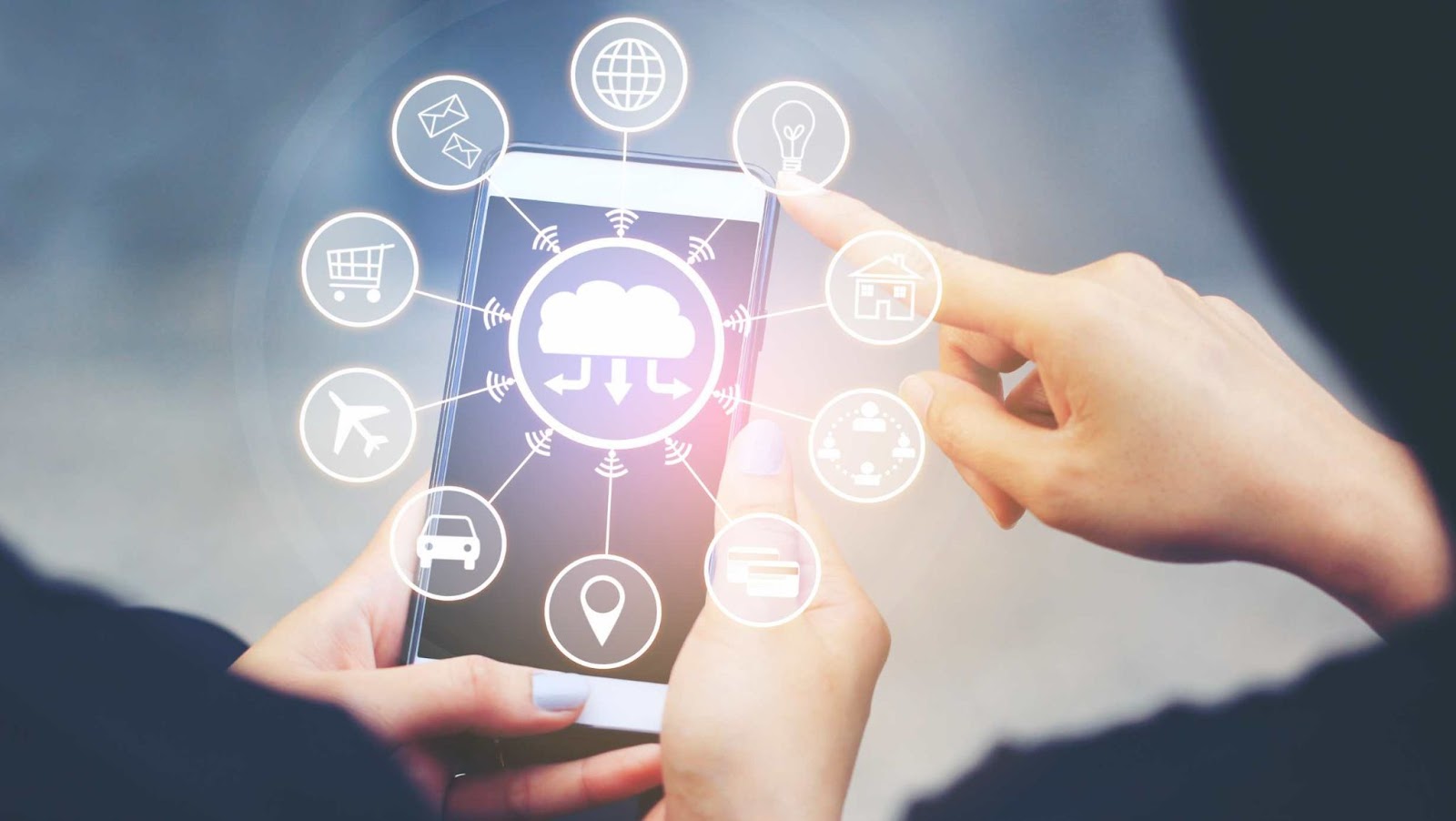
Future of IoT in Mobile App Development
The integration of IoT and mobile app development is set to reach new heights as technologies like 5G, artificial intelligence (AI), and machine learning (ML) continue to evolve. These advancements will enable faster data processing, predictive analytics, and smarter automation, creating even more impactful IoT applications.
Businesses that adopt IoT in mobile app development will remain at the forefront of innovation, offering unmatched value to users while unlocking new opportunities for growth.
Frequently Asked Questions
What is IoT in mobile app development?
IoT refers to the network of interconnected devices that communicate with each other over the internet. In mobile app development, IoT enables apps to connect and interact with devices like wearables, home appliances, vehicles, etc.
How does IoT impact mobile app development?
IoT enhances mobile app functionality by enabling real-time data collection and device control. It allows apps to interact with the physical world, offering new user experiences, remote monitoring, and automation capabilities.
What are the key benefits of integrating IoT with mobile apps?
Benefits include improved user experience, real-time data access, remote control of devices, automation of tasks, energy efficiency, and the ability to monitor and analyze data from IoT devices.
What types of IoT devices can be controlled through mobile apps?
Mobile apps can control various IoT devices such as smart home appliances (thermostats, lights, security systems), health and fitness wearables, connected cars, industrial equipment, and environmental sensors.
What challenges are faced when integrating IoT with mobile apps?
Challenges include ensuring seamless connectivity, handling large volumes of data, maintaining security and privacy, managing device compatibility, and dealing with latency or network issues.
How do mobile apps communicate with IoT devices?
Mobile apps communicate with IoT devices via wireless protocols such as Wi-Fi, Bluetooth, Zigbee, or cellular networks. Communication happens through APIs or cloud-based platforms that facilitate data exchange between the app and the devices.
How important is security in IoT-enabled mobile apps?
Security is critical in IoT mobile apps to protect user data and prevent unauthorized access to devices. Security measures include data encryption, authentication protocols, and secure communication channels to ensure privacy and safety.
How does IoT improve user experience in mobile apps?
IoT improves user experience by providing real-time feedback, personalized settings, remote control capabilities, and automation. This leads to enhanced convenience, efficiency, and interactivity for users.
Can IoT mobile apps function offline?
While IoT mobile apps rely heavily on internet connectivity for real-time data exchange, some apps may have limited offline capabilities. These apps can cache data locally and sync with IoT devices once the internet connection is restored.
What industries benefit the most from IoT in mobile app development?
Industries such as healthcare (remote monitoring, telemedicine), smart homes, agriculture (precision farming), automotive (connected vehicles), logistics (fleet management), and manufacturing (industrial automation) benefit greatly from IoT-enabled mobile apps.
